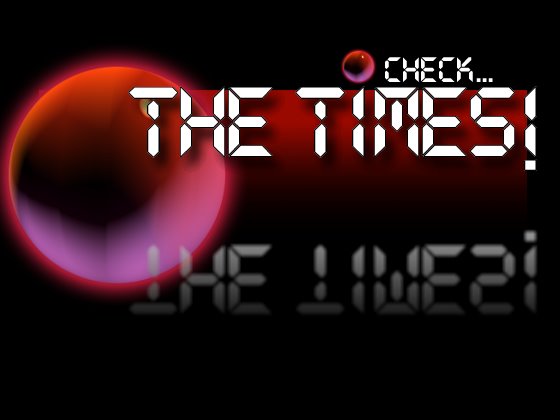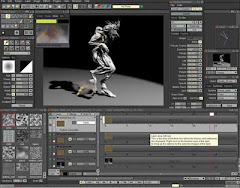
Computer generated imagery and computer graphics have changed cinematography, lights and even locations of filmmaking. From Edison's stills, Griffiths still camera and Classic Hollywood's rigid conventions, the use of the camera and editing have become dependent on the use of computer-generated imagery and locations inorder to keep above competition and satisfy audiences with a cinema release that is cutting edge and thrilling just by watching it. The camera itself has become a character and the editing is done in such a manner that you are either totally aware you are watching a movie or the changes happen so swiftly that the movie seems like one very long sequence and cut is only shouted at the end. This use of CGI and computer special effects is mostly used in Sci-Fi, Thrillers,Horrors and the combination of animation in any of these genre's.
In 1902, George Melies experimented with special effects, starting a cinema that led to today's 'Star Wars', 'Spiderman', 'Star Dust', the 'Saw' movies, and such. with his movie 'A trip to the moon'. So the use of special effects is not something new but rather extended and evolved with the introduction of computer-generated imagery to something more than phenomenal. I believe that to some extent audiences themselves have become somewhat too used to the ordinary special effects and are only pleased to watch '300', 'Harry Potter' and 'Sin City'.
What has changed so much is the fact that the locations being used in these computer generated productions are not as real as they look in the movie, nor are the soldiers of '300' real extras being used but rather multiplied computer images of the the real actors. This goes back to the question in 'Look at it this way,' is the constructed reality of cinema even more un-real, and if cinema shapes so much of our ideologies how superficially artificial are our lives? I'll look at these answers later but for now I'll continue looking at the cinematography and editing of 21st century cinema.
'Saw 4' had the most incredible editing, well I thought. And I can justify my saying so by pointing out to you the way in which one scene changed to the next. The director did not use the conventional dissolves, fades and cuts, but rather at the change of a scene whichever character is part of the next scene, steps out of the current scene into a different scene, and the film continues as if nothing happened and the characters in that following scene were only waiting for the camera to recognise his/her presence.This is only an example of how editing has developed and changed, how its conventions have been broken and developed and what possibilities are available with the right computer programme.
The slow panning camera, dollying in/out, overheads and cranes have been taken to new heights. 'The Bourne Ultimatum' is one of the ultimate examples of advanced cinematography. The camera is Jason Bourne's 'alter-ego'. It moves with him, even faster than he at times, it takes us above and beyond what we are conventionally used to. It's fast,competitive and unpredictable and definately not waiting on the director's instructions, so it seems. The Bourne Ultinatum is a professional cinematographer's dream and an amateur's nightmare as even critics are not shy to admit to its brilliance.
Some of us see film as a representational meduim that takes us from one location to the next, one way of life to the other, many different views of the same themes and topics. What I would view as not so positive about this amazing technology..., not that I would want things otherwise,... is the unmistakable fact that lacations are superimpositions of the real and thus as real as it may seem there is still that element of beauty in the authentic and if this goes on it obviously means that travelling through the eye of the camera will become non-existent to some extent; Hiring out of locations will become something of the past just as it gains strength and film manufacturing will be completely computer based to such an extent that it won't be what the camera is doing anymore but rather how well the computer technology manages to convince you...






2 comments:
My favourite movies are usually the ones with grand special effects. I feel that if I am going to spend so much money to see a film on the big screen then it must overwhelm and amaze me. Drama, comedy and romance are just as entertaining and moving on a TV, but epic adventure and action gain so much impact from the digital surround sound and massive display. Special effects loose so much impact on the TV...
Very interesting post! I enjoyed reading about the development of certain special effects conventions. I agree with your critique of films focusing on special effects. To me, Star Wars episodes 4-6 were so much more engrossing than the more recent episodes 1-3..Special effects do not a film make..I think the focus has been too strongly on special effects recently rather than good character and plot development
Post a Comment